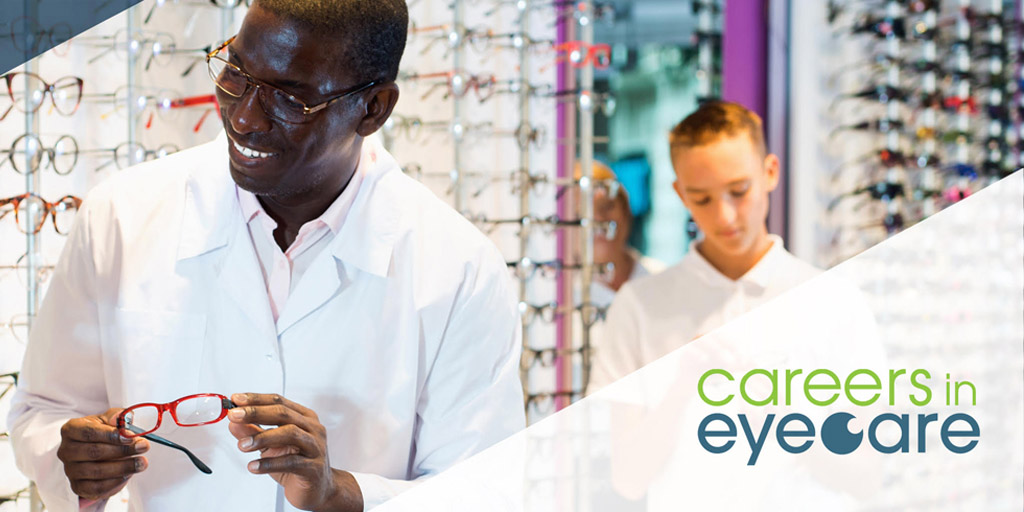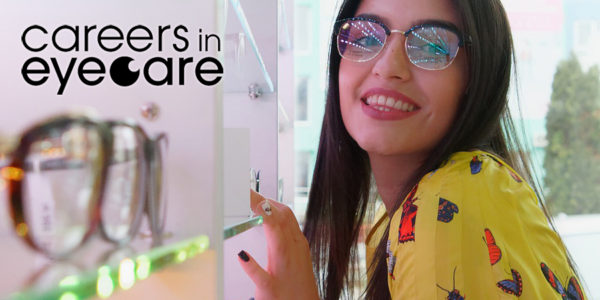Matthew Farrugia says becoming a dispensing optician (DO) can be a great choice for people with autism and other conditions
When I was choosing GCSE subjects I didn’t have any idea what I’d like to do. I saw things in black and white. That’s an aspect of my autism (only diagnosed later). My tunnel vision thoughts were “selling glasses, that’s boring. What’s fascinating about choosing them?”, perhaps because I don’t have a huge interest in fashion.
After a few years in retail, selling tech and gadgets, I got a job as an optical assistant. I started getting involved with the patients, with lifestyle questionnaires, pre-screening and then dispensing. The more I learnt, the more I wanted to know, and today I’m a successful dispensing optician.
How to find a role
Neurodiversity (ND) includes a range of conditions, such as autism, ADHD and dyspraxia. Don’t write off any careers just because you are ND. Look at the subjects you enjoy and explore related jobs. If you are determined you can succeed.
Some people find it’s worth trying a part-time role. This gives you time to explore and build trust without the intensity of a full time setting.
Social media is a powerful tool to gain insights and perspectives from people who already work in the area. I love LinkedIn – I got my current job though a contact there.
If your ND means you have negative thoughts, for every one, find two positives. I had a predominant thought that optics was boring. My positives are: each day is different; this is interesting and I can apply my A level biology and maths. I also get to use sophisticated technology.
How to succeed at work
- Don’t overthink it. Your definition of success will be different to your friends.
- Are you ready to share that you are neurodiverse? Remember, you are protected against discrimination by the Equality Act 2010.
- It can be worth discussing this in confidence with your line manager. I told my practice manager because we had built trust. I had a preconception that others may think I use it as an excuse but that wasn’t the case.
- Understand your own neurodiversity, how it affects you, what happens and how you can manage it. For instance, if too much noise makes your head spin and affects your focus, go into a quieter room and take deep breaths.
- If you are open about it, have conversations with people you work with.
- Be receptive to other people’s perspectives and opinions – they too may be neurodiverse.
- Find out your learning style and how you can reflect this at work. I’m kinesthetic, followed closely by visual. I adapted the reading and writing aspect of the DO course, using diagrams, mind clouds and keywords.
I’ve never told anyone this before but I used to lack confidence, especially at school. Later on, studying to become a DO, I doubted my measurements. My ABDO practical lecturer told me: “Don’t doubt yourself, just practise and the confidence will come”. Now I am a confident, neurodiverse DO with a career I have a passion for, who can ask for help or advice when I need it.
More information
- A Day in The Life… Matthew’s student experience
- Career guide: dispensing optician
- Learning styles: Find your style
- Autism: National Autistic Society – information for autistic people and professionals
- Protection against discrimination at work: Guide to the Equality Act 2010
Discover Careers In Eyecare with ABDO
 From retail jobs to science roles, early careers in eyecare have a lot to offer.
Careers In Eyecare
From retail jobs to science roles, early careers in eyecare have a lot to offer.
Careers In Eyecare








